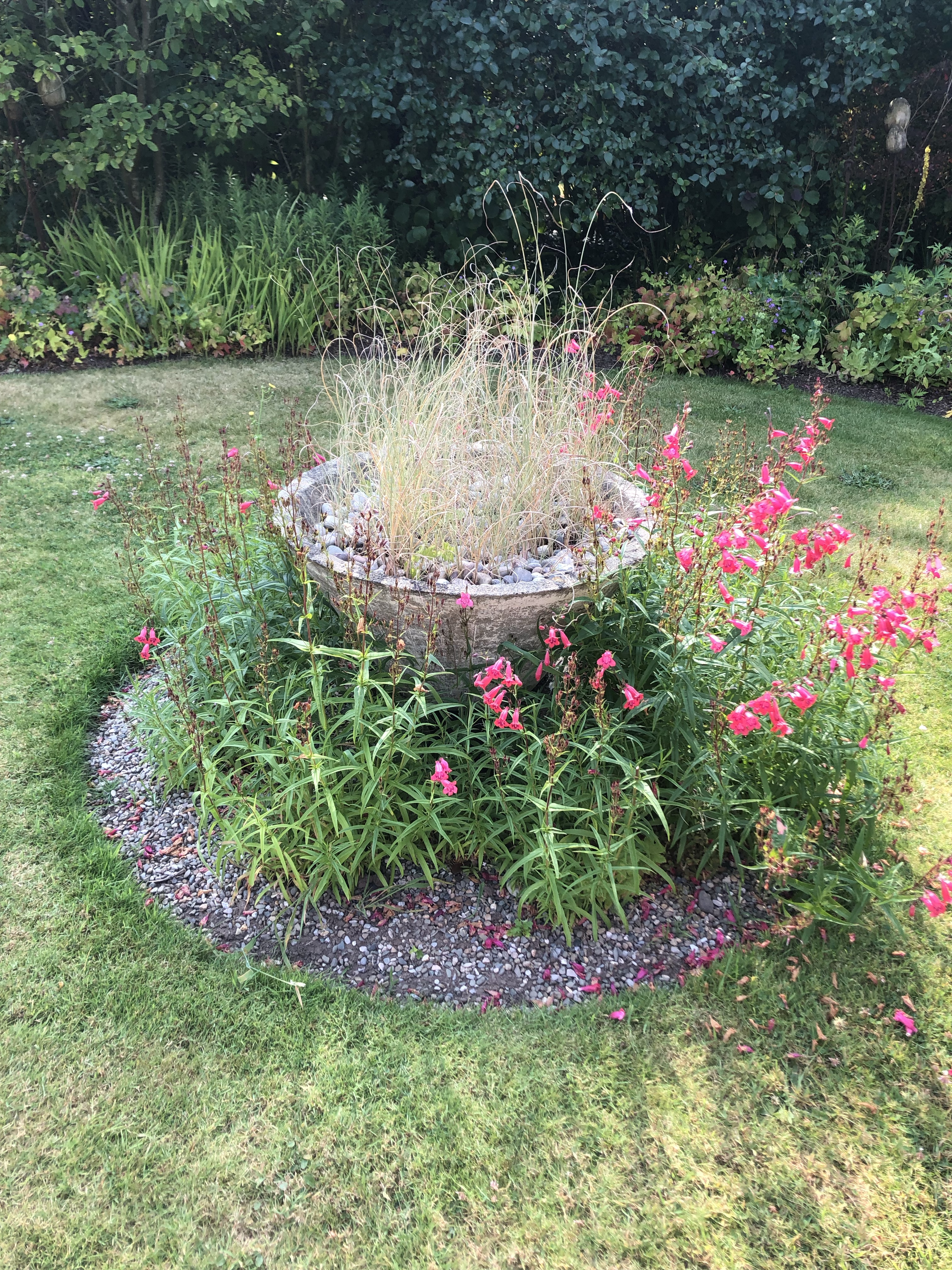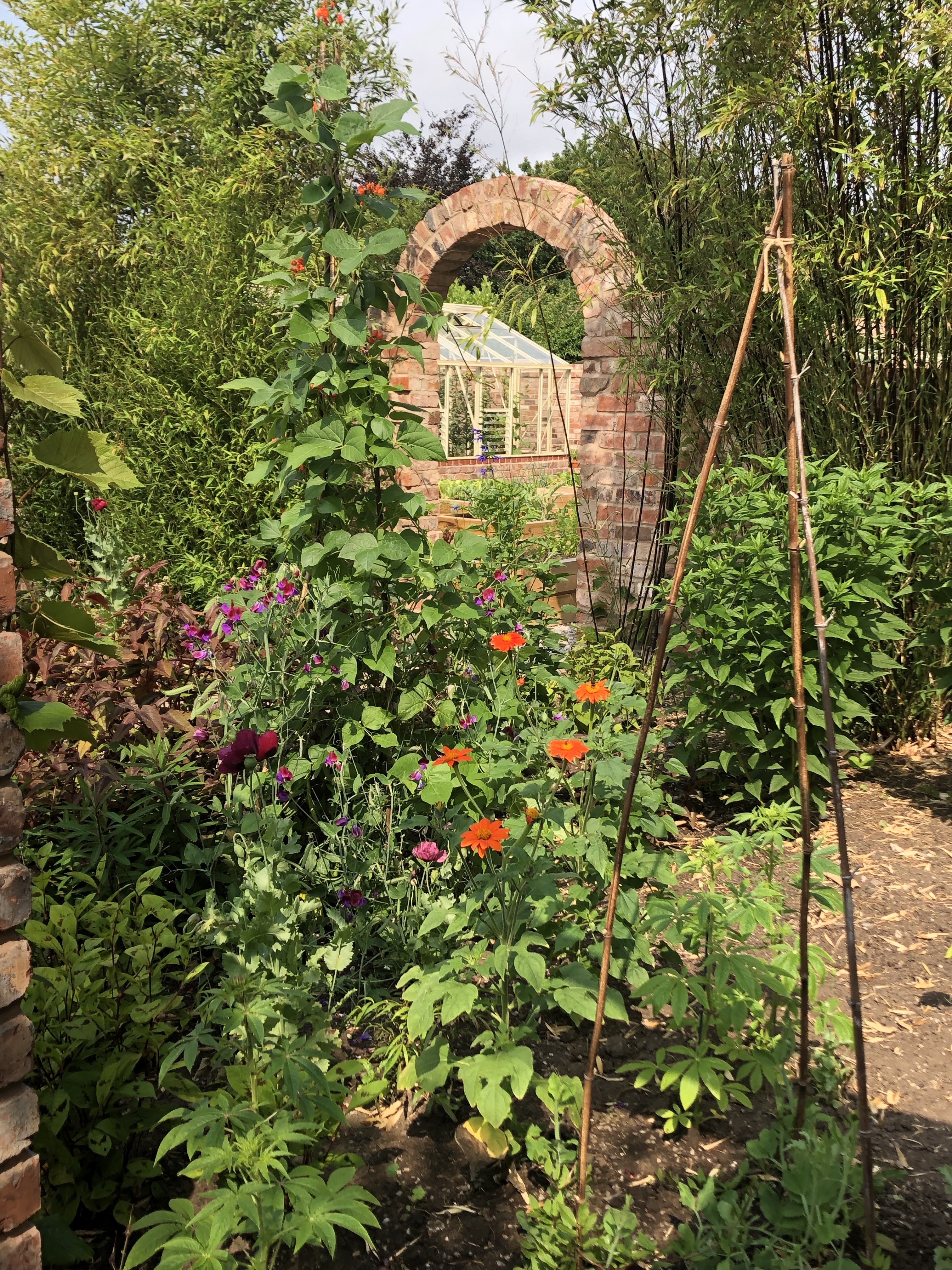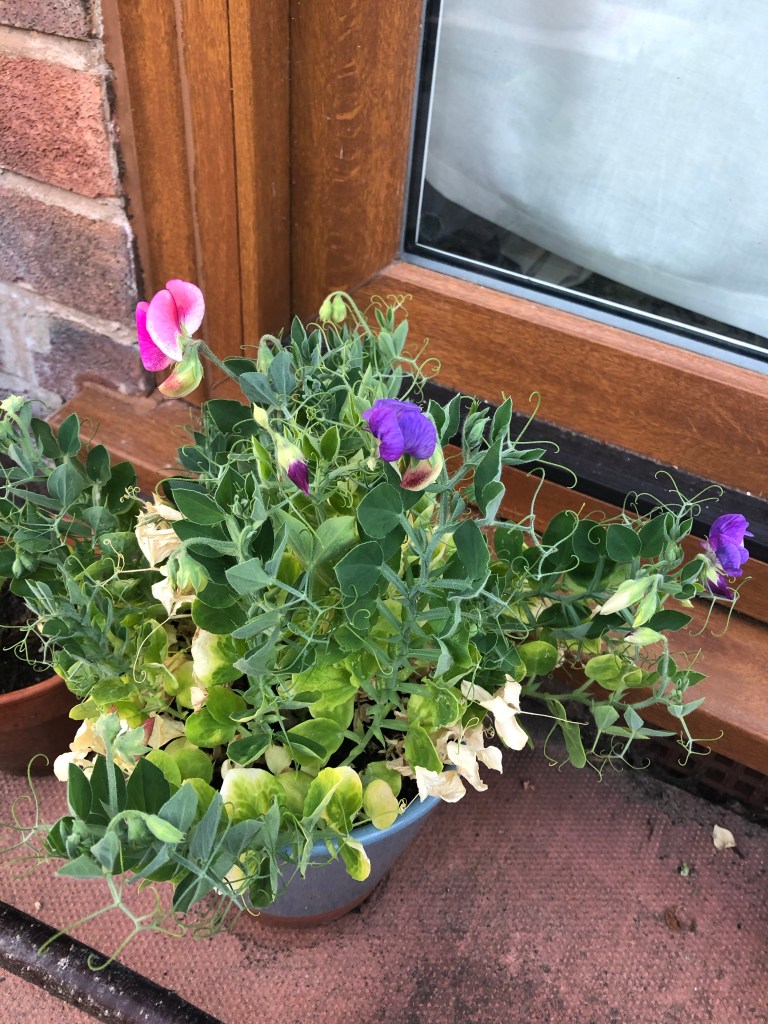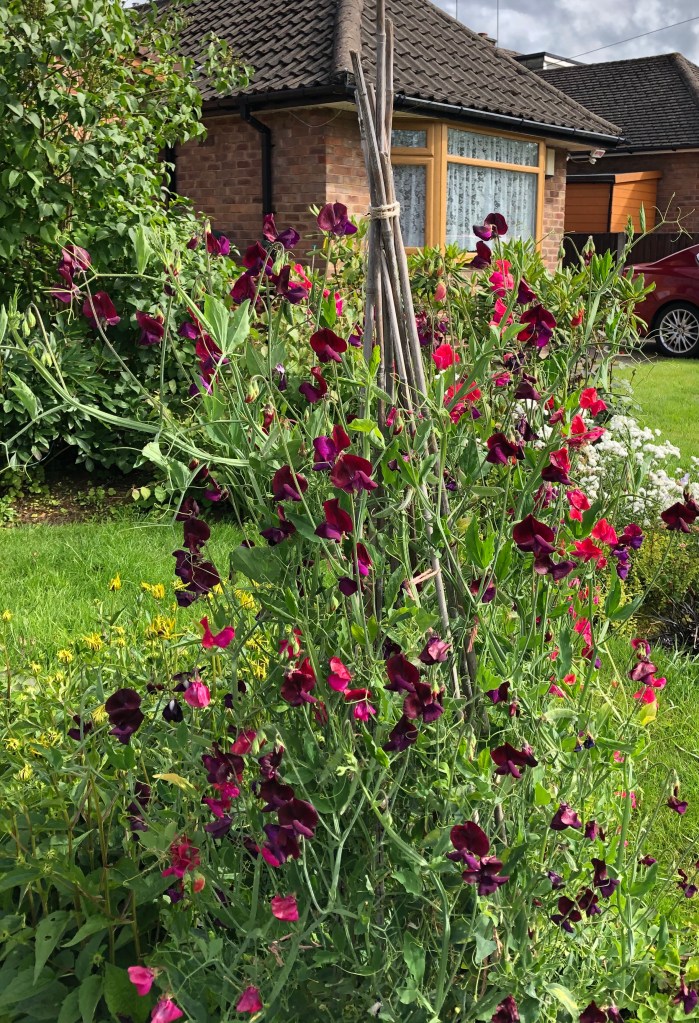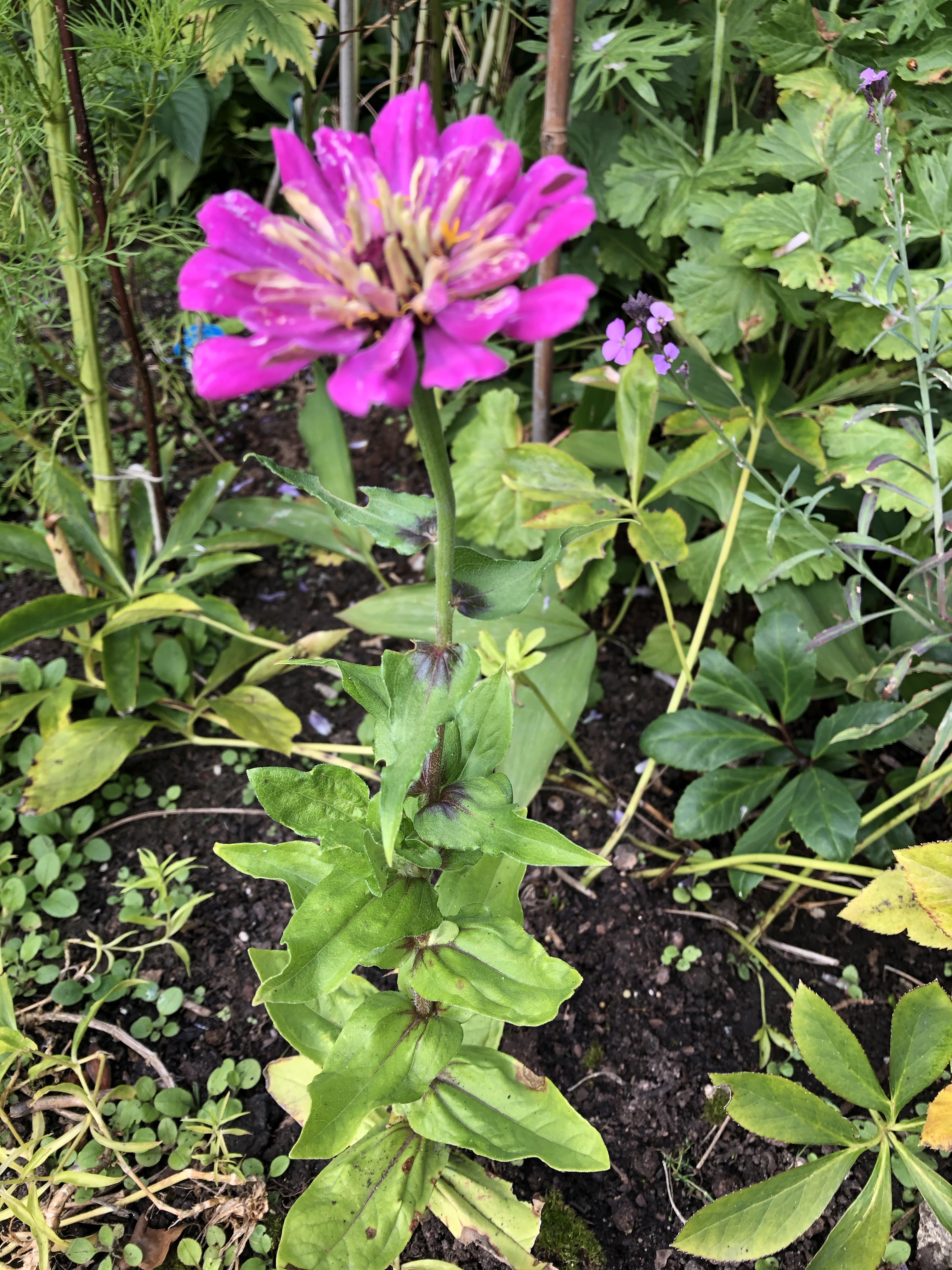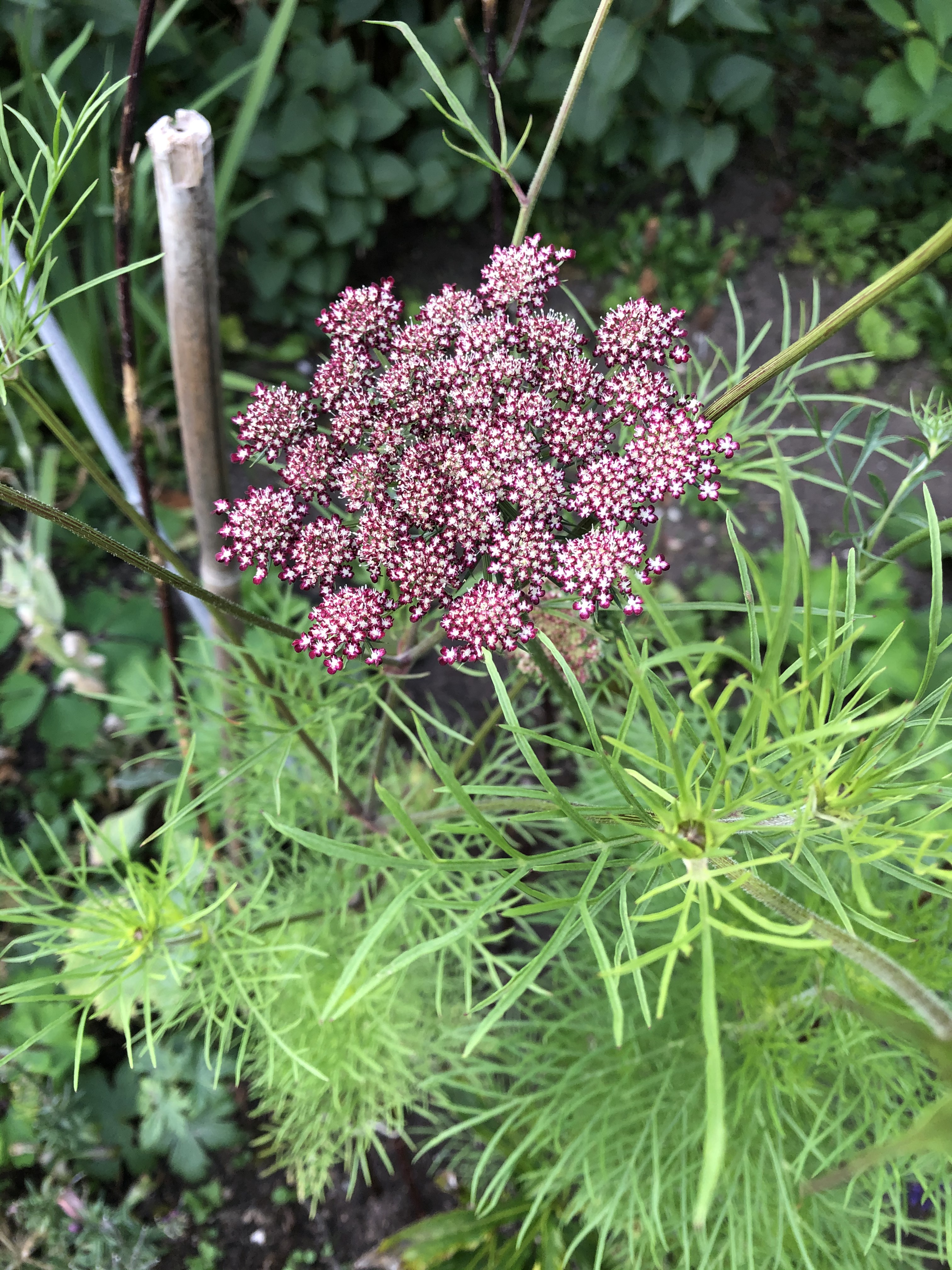If you have not been tending beautiful flower gardens in your homestead, it is not too late to get started. But apart from nutrient-rich soil and adequate water being vital necessities in this quest, pollinators will make your flower garden bloom.
However, did you know that while bees remain prominent pollinators in every flower garden, they aren’t the only one? Well, we thought so too, but after researching pollination, our views on this subject have changed.
We know you are probably asking a lot of questions right now, but first things first, here is something thought-provoking. If you woke up one day to discover that bees have disappeared, how will you react? Well, the thought of lacking important pollinators like bees in a flower garden would throw your head into a spin, but not after reading this post. You should remain upbeat about a blooming garden in 2019, even if you ax bees from pollination equation.

The mechanics of Pollination and Pollinators
Whether you are a novice or experienced gardener, the relationship between flowers and pollinators is deeper than mutual. It is as old as the hills. Like humans reproduce, plants too need the intervention of insect pollinators to make fruits or seeds.
Pollination, which is the transfer of pollen from male plants to stigma of female plants (same or different plants of the same species), is a process that facilitates reproduction in plants. At the center of it, are insects (pollinators) that undertake Biotic (cross) pollination.
Pollinators are responsible for the movement of pollen from one plant to another. For bees, perching on beautiful lilies and tulips is all about mutually benefiting relationship. Flowering plants produce nectar, a substance bees need to make honey.
Thus, as you weigh on your next flower choices, consider practicing apiculture so you can have bees nearby. The cost of starting an apiary wouldn’t leave a dent in your pocket. Moreover, you must ask these 10 questions about beekeeping before you can get started.
Is relying on honeybees for pollination a risky strategy for gardeners?
Scientists have sought to unearth more regarding non-bee pollination. Findings published on phys.org paint an interesting picture of crop pollination. A case in point is that using pesticides to get rid of insects like butterflies and aphids could cause the death of vital pollinators. More findings from the study commissioned by the University of Queensland-Australia indicate that flowering crops like kiwi, mangoes, canola, custard apples and coffee depend on non-bee pollinators to fruit.
Does it, therefore, mean that excessively relying on honeybees to pollinate your crops is a risky gardening strategy? Well, Dr. Margie Mayfield from the University of Queensland thinks so. She says that given increasing risk of honeybees, it is only safe that gardeners and farmers began relying on non-bee pollinators. She adds that such as a strategy also means well for agriculture now and in the future.
Non-bees Pollinators: Redefining Pollination
Honeybees are renowned pollinators but not the only ones. Moreover, the risk of death posed to these insects by Varroa mites and diseases that trigger colony collapse disorder means gardeners should rethink their pollination strategies. Colony collapse disorder is a situation where worker bees disappear, leaving behind food and queen bee to care for immature bees. Recent studies show that apart from Varroa mites that invade beehives, killing millions of honeybees, other causes of colony collapse disorder are diseases such as gut parasite Nosema and Israeli Acute Paralysis.
When you conceive the fact that population of bees is on a downward trend, urgent measures are put in place to save the worker bee, farmers and gardeners risk losing prominent pollinators of all time. However, there is still hope. Non-bee pollinators are equally necessary for your poppies, foxgloves and Japanese anemones and other flowers. They include but not to limited to the following:
• Wasps
• Butterflies
• Moths
• Thrips
• Flies
• Ants
• beetles
Butterflies
Butterflies, many gardeners who love to spend quality time tending their flowers will agree, are second to bees on matters of pollination. You don’t need rocket science to discern this glaring fact. Where flowers bloom, there are butterflies. It is the balance of nature. From Monarch, Red-spotted butterfly, Tiger Swallowtail, Pipevine swallowtail, black swallowtail to Viceroy and other breeds, butterflies add jest to flower gardens.
Wasps
While wasps as not as efficient as bees when it comes to pollination, the fact is they often visit flowers. Bees are effective because they have lots of body hair on which pollen grain attach. However, if you narrow down to specific wasp species such as Masarinae (pollen wasps) that feed on nectar/pollen, you have a non-bee insect pollinator that is as effective as honeybees. Other notable wasp breeds that effectively undertake pollinator are fig wasps, V.vuglaris and V. germanica.
Flies
Flies often feed on flowers, something that contributes to pollination. Out of 150 families of flies, more than half are active pollinators. In the Alpine and Arctic, places where bees are not very active, flies are the main plant pollinators. Hoverflies take the lead. Modification of their proboscises is best suited for sucking nectar, making them popular in orchards. Others are dung flies, bee flies, March flies, and carrion flies.
Moths
Like butterflies, moths spend a lot of time carting pollens from one flower to another. They are popular with fragrant white flowers (think jasmine or white lilies). The most popular moth breeds on matters of pollination are sphinx and hawk.
Beetles
Historically, beetles were the earliest pollinators preceding bees, dating back to 150 million years ago. Here, you could think about ancient flowers such as water lilies, magnolias, and cycads. Cantharophily is a scientific term for pollination where beetles are the only participants. A notable fact about flowers that beetles pollinator is that they are often spicy with a sweet fragrance.
The Bottom Line
Without pollination, plants cannot fruit. For gardeners who love growing flowers in their backyard, we hope you’ve learned something new. Get to know non-bees pollinators and flowers they prefer will help you embrace gardening like a pro.
This is written by guest blogger: FROM SCRATCH, they are dedicated to providing a free online publication for those who enjoy living life simply. It is positioned for the rural enthusiast. Accompanied by beautiful photography and well written content – From Scratch is the go-to guide for those who have chickens in the backyard, sew their own clothes, make their own jam, and enjoy gardening. VISIT OFFICIAL WEBSITE: https://t.co/s0AvfoXJlA

